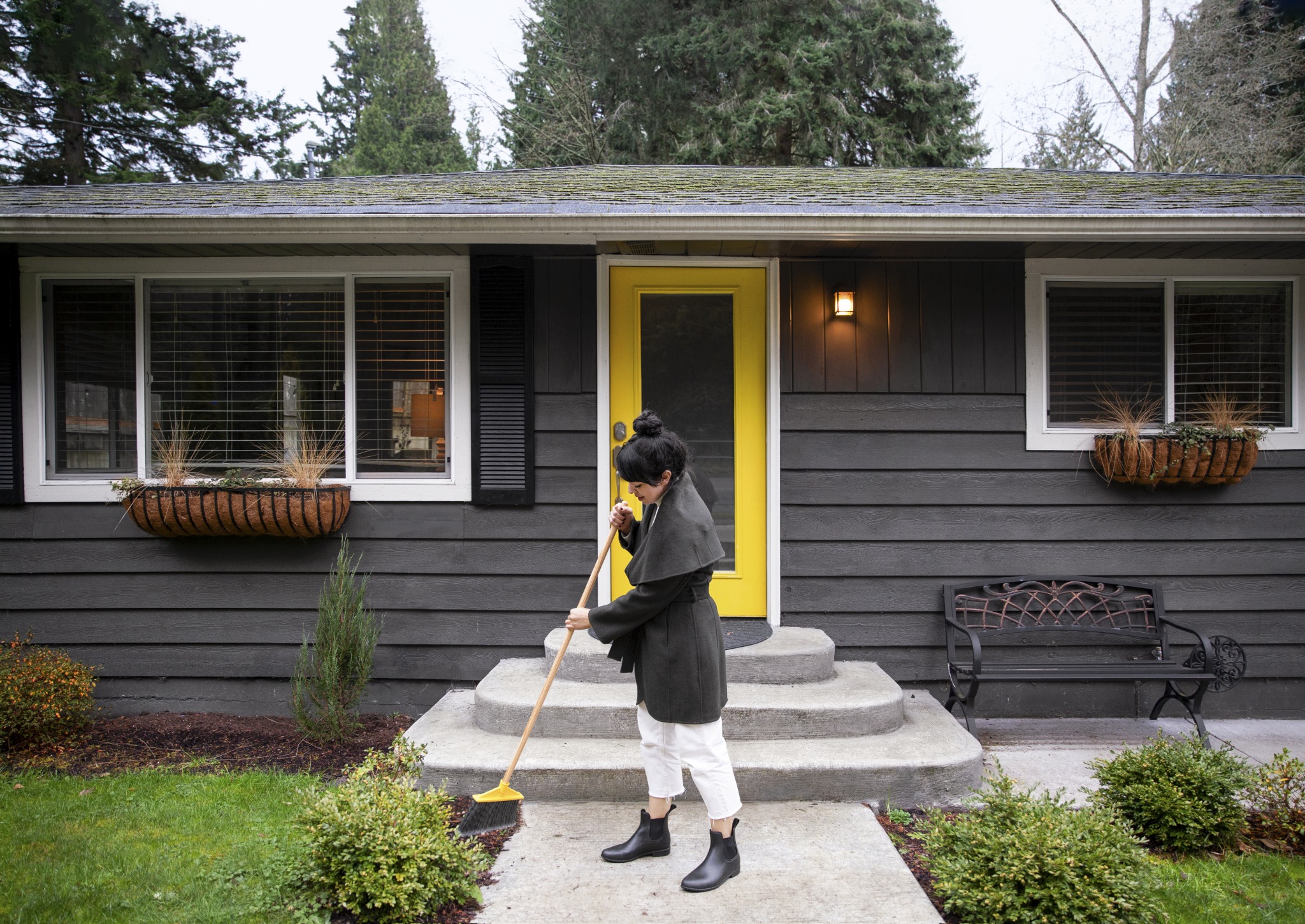If you’re planning on selling your San Antonio home quickly within the next year or so, you might be wondering whether you’d be better off handling the process yourself instead of enlisting the help of a real estate agent.
Homes listed as FSBO (For Sale By Owner) may sell more quickly than agented transactions, and you’ll definitely save a significant chunk of money by not having to pay out commissions to a seller’s agent. However, you’ll also statistically be likely to get less money overall for your home than if you let a listing agent handle it all.
If you’re motivated and prepared to handle all the relevant tasks on your own, selling your home yourself might be a worthwhile endeavor. Here are six tips for selling your San Antonio, Texas home yourself and protecting your own interests in the process.
Table of Contents
1. Start Preparing to Price Your Property Now
Selling your home by yourself means a lot of work for owners, and the work starts weeks in advance by preparing to set your property’s asking price. You’ll need to begin gathering data as soon as possible.
Start by keeping an eye out for comps, or comparable listings, in your area for properties that are similar to yours in location, age, style, and size. Get an idea of the pricing range and what features might impact that price. You can then set your price accordingly, remembering to leave some room for negotiating with interested buyers.
If this sounds like a lot of work, consider choosing an experienced San Antonio local real estate agent to handle your listing.
2. Make the Right Repairs and Upgrades
Think about getting a pre-listing inspection to identify any potential areas that you should repair or upgrade before you put the property up for sale. Then prioritize your list based on your available budget. Some of the most important areas to address for a Texas home include:
- HVAC systems
- Roofing
- Plumbing and electrical repairs and upgrades
- Mold remediation and cleanup
Buyers in the market for a Texas home expect certain standards to be met in their property of choice, especially when it comes to withstanding the extremes in temperature and rainfall parts of the state can receive.
3. List Your Property Disclosures
Texas law requires sellers to provide buyers with full disclosure of material facts about a property that’s for sale. Use the Seller’s Disclosure Notice form to make sure you can do this properly. The form walks you through several aspects of your property’s condition so that you can meet your legal obligations.

4. Declutter, Stage, and Update Your Home—Inside and Out
It’s not necessary to radically renovate your home if you’re going to sell it yourself, but it does pay dividends to get the place looking like a pleasant, neutrally-designed “blank canvas” that buyers can see themselves living in happily. At a minimum, declutter and pack up photos, personal belongings, paperwork, and knickknacks. Keep it spare, clean, elegant, and attractive. A fresh coat of neutral-toned paint and upgraded fixtures and outlet plates can help achieve the right look. Don’t forget your home’s curb appeal—power washes the exterior, mow the yard, yank weeds, and trim back any overgrown limbs and bushes.
5. Get Your Property Photographed
No matter who handles the sale of your property–you or a listing agent—you’ll need the highest quality photos you can manage. If you’re a fairly skilled digital photographer, you can do this yourself. However, first take a close look at other listings for ideas of how to show your home in its best possible light. If you can swing it, get a professional to create a walk-through video.
6. Negotiate the Sale
One of the trickiest parts of selling your home yourself comes at the end of the process. You’ll need to figure out what offers to accept or reject, and how to negotiate with buyers that come close. Research the topic of real estate contingencies and decide which ones you’re willing to accept and which might be waived. You may also want to retain the services of a local real estate attorney to help you navigate the negotiation and closing process.




